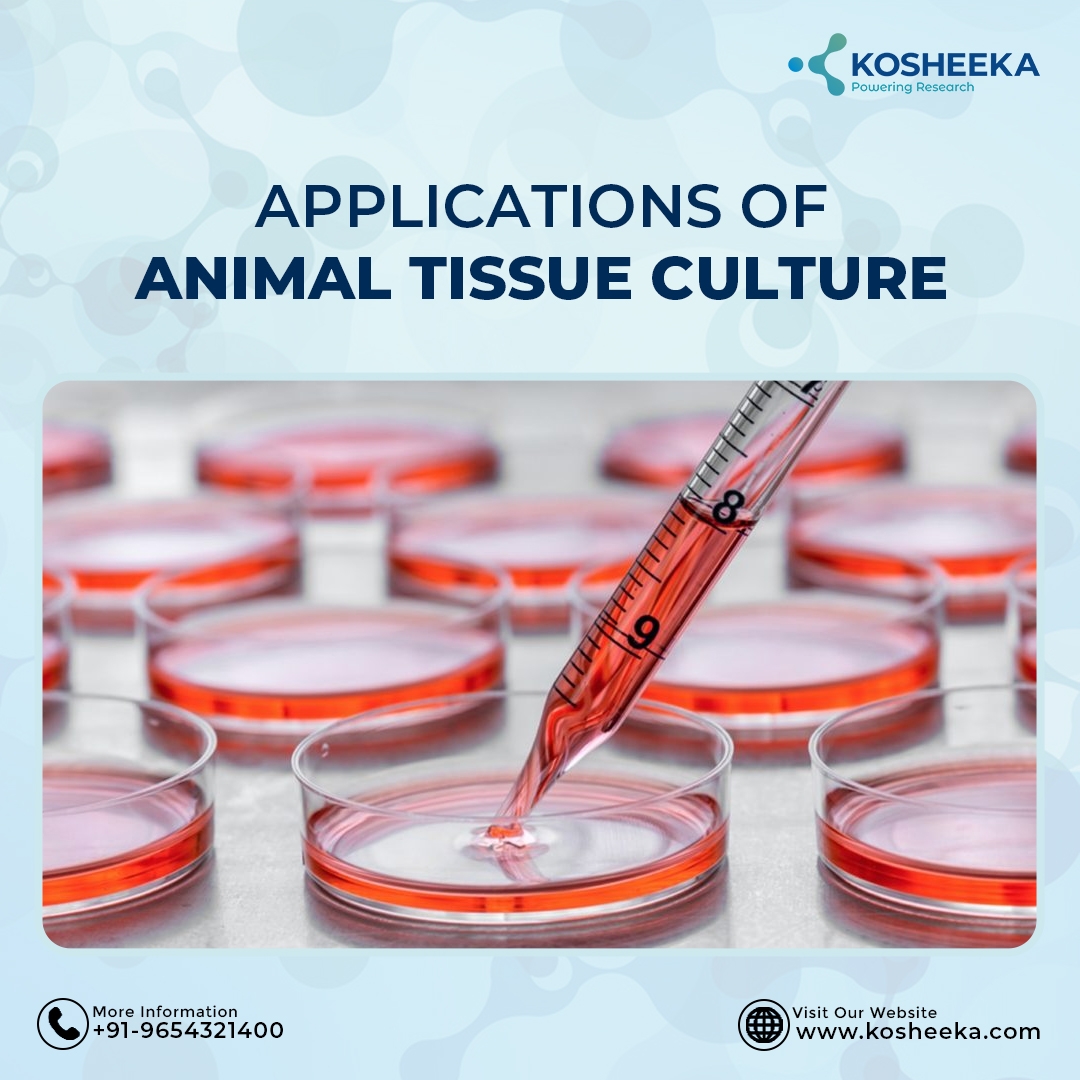Market Trends in Aglaonema Tissue Culture Plants: What to Expect
Aglaonema plants have been a popular choice for indoor decoration and landscaping due to their attractive foliage and low maintenance requirements. With the advancements in tissue culture technology, the production of Aglaonema plants through tissue culture has been increasing rapidly in recent years. This has led to a significant shift in the market trends for Aglaonema plants.
Increased Availability and Variety of Cultivars
One of the key trends in the market for Aglaonema tissue culture plants is the increase in availability and variety of cultivars. Tissue culture allows for the rapid multiplication of plants with uniform characteristics, resulting in a consistent supply of high-quality plants. This has enabled growers to produce a wide range of colors, patterns, and sizes of Aglaonema plants to meet the diverse preferences of consumers. As a result, the market for Aglaonema tissue culture plants is expected to continue to expand as more cultivars are developed and introduced to the market.
Growing Demand for Sustainable Production Methods
Another trend in the market for Aglaonema tissue culture plants is the growing demand for sustainable and environmentally friendly plant production methods. Tissue culture plants have a smaller environmental footprint compared to traditional methods of propagation, as they require fewer resources and produce less waste. As consumers become more conscious of the impact of their choices on the environment, the demand for tissue culture plants is expected to continue to rise. This trend is also supported by the increasing awareness of the benefits of tissue culture plants, such as disease-free propagation and genetic uniformity.
The Rise of Online Plant Sales
Furthermore, the market for Aglaonema tissue culture plants is also influenced by the rise of online plant sales and e-commerce platforms. With the convenience of shopping for plants online, consumers have greater access to a wider variety of plants, including tissue culture Aglaonema plants. This has opened up new opportunities for growers to reach a larger audience and expand their market reach. As the popularity of online plant shopping continues to grow, the demand for Aglaonema tissue culture plants is expected to increase further.
Conclusion: A Bright Future for Aglaonema Tissue Culture Plants
In conclusion, the market trends for Aglaonema tissue culture plants are characterized by the availability of a diverse range of cultivars, a growing demand for sustainable production methods, and the rise of online plant sales. These trends indicate a bright future for the Aglaonema tissue culture industry, with continued growth and innovation on the horizon. As consumers seek out unique and environmentally friendly plant options, tissue culture plants are well-positioned to meet these demands and provide a thriving market for Aglaonema plants in the years to come. https://www.youngplant.cn/products-49564
Aglaonema plants have been a popular choice for indoor decoration and landscaping due to their attractive foliage and low maintenance requirements. With the advancements in tissue culture technology, the production of Aglaonema plants through tissue culture has been increasing rapidly in recent years. This has led to a significant shift in the market trends for Aglaonema plants.
Increased Availability and Variety of Cultivars
One of the key trends in the market for Aglaonema tissue culture plants is the increase in availability and variety of cultivars. Tissue culture allows for the rapid multiplication of plants with uniform characteristics, resulting in a consistent supply of high-quality plants. This has enabled growers to produce a wide range of colors, patterns, and sizes of Aglaonema plants to meet the diverse preferences of consumers. As a result, the market for Aglaonema tissue culture plants is expected to continue to expand as more cultivars are developed and introduced to the market.
Growing Demand for Sustainable Production Methods
Another trend in the market for Aglaonema tissue culture plants is the growing demand for sustainable and environmentally friendly plant production methods. Tissue culture plants have a smaller environmental footprint compared to traditional methods of propagation, as they require fewer resources and produce less waste. As consumers become more conscious of the impact of their choices on the environment, the demand for tissue culture plants is expected to continue to rise. This trend is also supported by the increasing awareness of the benefits of tissue culture plants, such as disease-free propagation and genetic uniformity.
The Rise of Online Plant Sales
Furthermore, the market for Aglaonema tissue culture plants is also influenced by the rise of online plant sales and e-commerce platforms. With the convenience of shopping for plants online, consumers have greater access to a wider variety of plants, including tissue culture Aglaonema plants. This has opened up new opportunities for growers to reach a larger audience and expand their market reach. As the popularity of online plant shopping continues to grow, the demand for Aglaonema tissue culture plants is expected to increase further.
Conclusion: A Bright Future for Aglaonema Tissue Culture Plants
In conclusion, the market trends for Aglaonema tissue culture plants are characterized by the availability of a diverse range of cultivars, a growing demand for sustainable production methods, and the rise of online plant sales. These trends indicate a bright future for the Aglaonema tissue culture industry, with continued growth and innovation on the horizon. As consumers seek out unique and environmentally friendly plant options, tissue culture plants are well-positioned to meet these demands and provide a thriving market for Aglaonema plants in the years to come. https://www.youngplant.cn/products-49564
Market Trends in Aglaonema Tissue Culture Plants: What to Expect
Aglaonema plants have been a popular choice for indoor decoration and landscaping due to their attractive foliage and low maintenance requirements. With the advancements in tissue culture technology, the production of Aglaonema plants through tissue culture has been increasing rapidly in recent years. This has led to a significant shift in the market trends for Aglaonema plants.
Increased Availability and Variety of Cultivars
One of the key trends in the market for Aglaonema tissue culture plants is the increase in availability and variety of cultivars. Tissue culture allows for the rapid multiplication of plants with uniform characteristics, resulting in a consistent supply of high-quality plants. This has enabled growers to produce a wide range of colors, patterns, and sizes of Aglaonema plants to meet the diverse preferences of consumers. As a result, the market for Aglaonema tissue culture plants is expected to continue to expand as more cultivars are developed and introduced to the market.
Growing Demand for Sustainable Production Methods
Another trend in the market for Aglaonema tissue culture plants is the growing demand for sustainable and environmentally friendly plant production methods. Tissue culture plants have a smaller environmental footprint compared to traditional methods of propagation, as they require fewer resources and produce less waste. As consumers become more conscious of the impact of their choices on the environment, the demand for tissue culture plants is expected to continue to rise. This trend is also supported by the increasing awareness of the benefits of tissue culture plants, such as disease-free propagation and genetic uniformity.
The Rise of Online Plant Sales
Furthermore, the market for Aglaonema tissue culture plants is also influenced by the rise of online plant sales and e-commerce platforms. With the convenience of shopping for plants online, consumers have greater access to a wider variety of plants, including tissue culture Aglaonema plants. This has opened up new opportunities for growers to reach a larger audience and expand their market reach. As the popularity of online plant shopping continues to grow, the demand for Aglaonema tissue culture plants is expected to increase further.
Conclusion: A Bright Future for Aglaonema Tissue Culture Plants
In conclusion, the market trends for Aglaonema tissue culture plants are characterized by the availability of a diverse range of cultivars, a growing demand for sustainable production methods, and the rise of online plant sales. These trends indicate a bright future for the Aglaonema tissue culture industry, with continued growth and innovation on the horizon. As consumers seek out unique and environmentally friendly plant options, tissue culture plants are well-positioned to meet these demands and provide a thriving market for Aglaonema plants in the years to come. https://www.youngplant.cn/products-49564
0 Kommentare
0 Anteile
497 Ansichten
0 Vorschau









